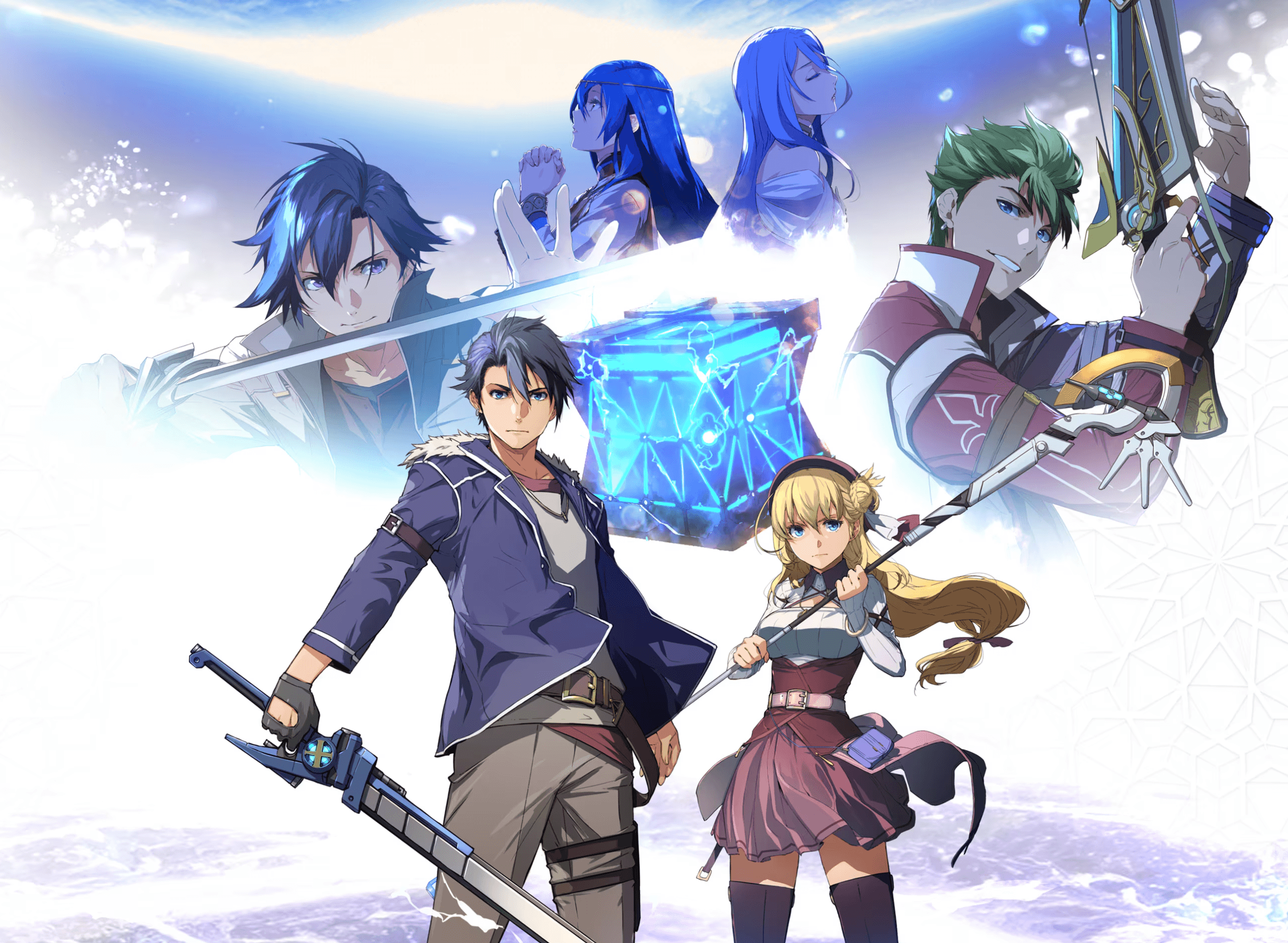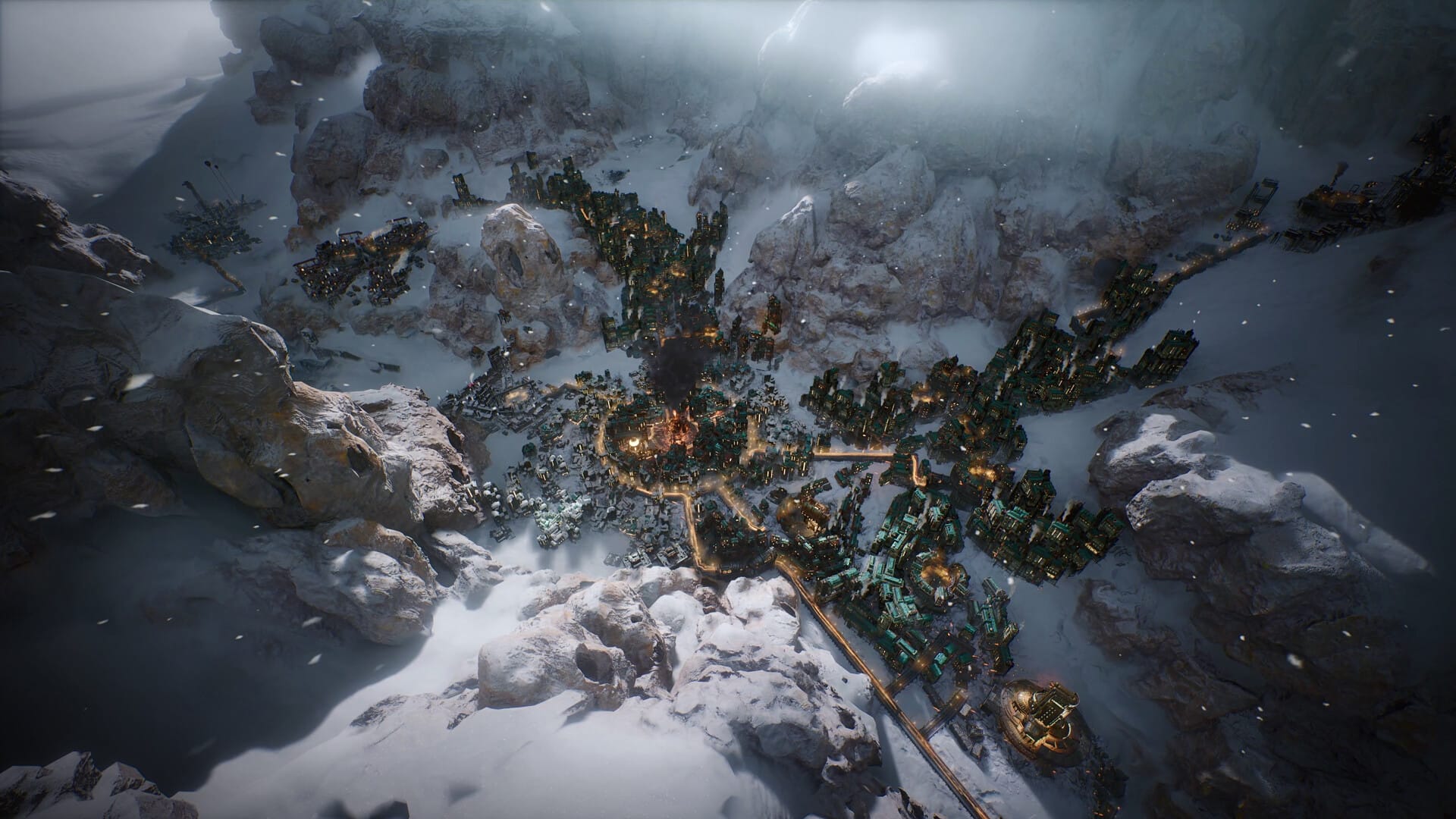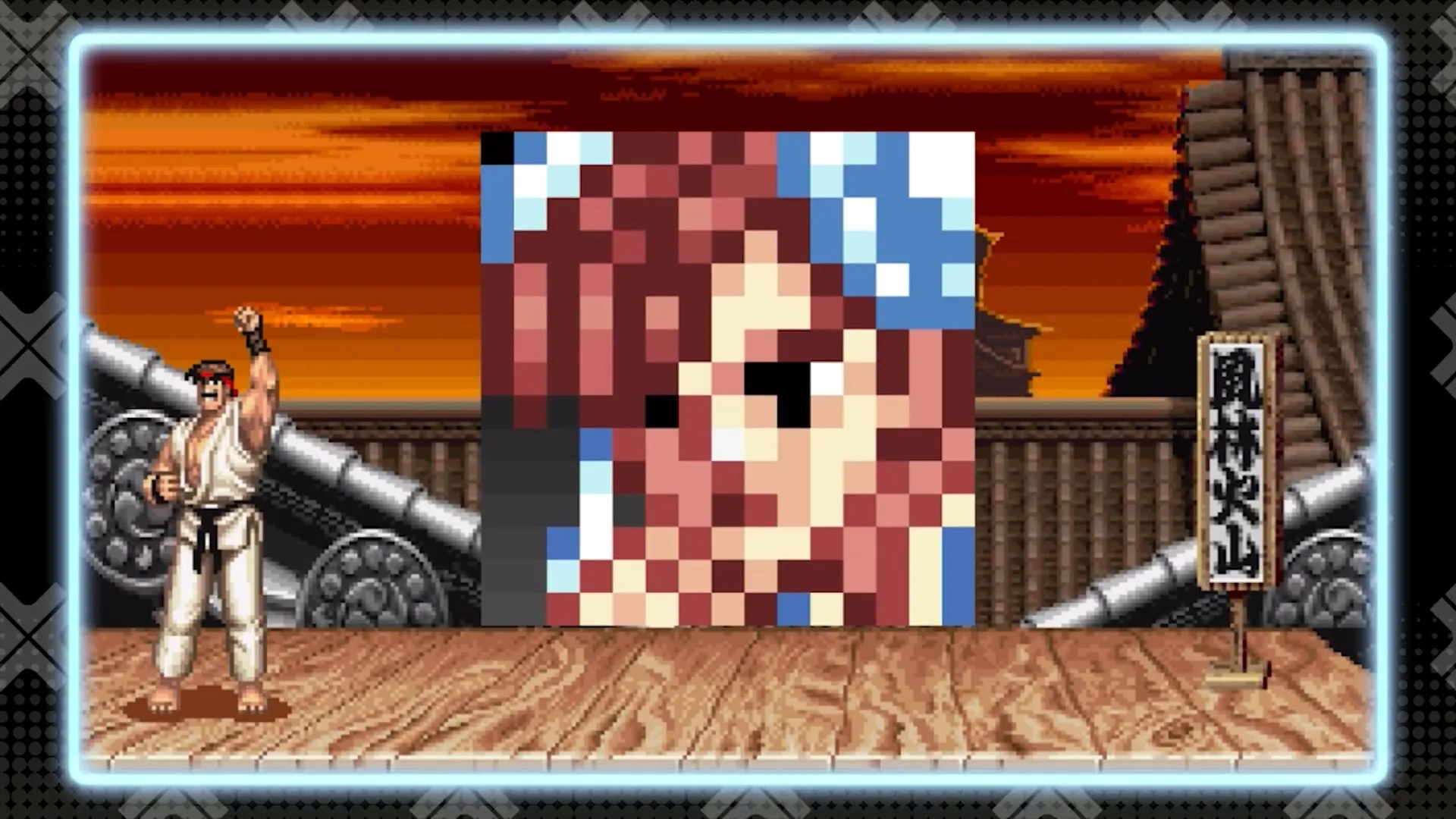Are you the sort of person who easily gets anxious playing videogames? Do you hate to keep tabs on a lot of moving parts at all times while doing so? If your answer to both of these questions is yes, then Polish dev 11 bit Studio’s Frostpunk might have a thing or two to tell you. As with their previous game, This War of Mine, Frostpunk is an extremely tense game that plays with the many notions of humanity, touching upon the very best to the darkest and scariest things people will do in order to survive.
Basically, the world’s turned to a second Ice Age and as the last survivors from London, your band of followers is making their way to the Arctic in order to try and make a living thanks to giant steam engines that were mysteriously discovered to exist in some of the coldest depths of the planet. In order to have a go at living, you’re given the ability to build a city around that reactor, all the while braving the frozen wilds looking for other survivors, and most importantly, the vital supplies you’ll need in the cold days ahead of you.
For the eleven or so hours I’ve played of Frostpunk so far, I’ve got in quite a few pinches because of how busy the game is all the time. There’s hardly ever a moment of comfort as it frantically throws new problems at you, from the most basic of issues to absolute catastrophes. At certain moments, I felt like the path I was heading to was a long cause, and while there’s surely a “functional” plan you can follow that will yield you a structurally sound city on paper, there’s room to be creative, thanks to just how flexible Frostpunk’s tech tree is.

Broken up in different branches that have to be individually researched — one at a time, mind you — the progression grows at an alarming pace. At the outset, you’ll want to focus on securing the base resources required to keep your city in check, so having a good line on ore, wood and ore is paramount, but gathering isn’t simply a matter of pointing workers toward nodes. Each resource has a number of ways of being extracted, each of with its own sets of benefits and complications, such as ore. You can build mines, the basest form of extraction, but that requires a steam core to be built, the rarest of resources that can only be found by sending scouting parties out in the frosted lands. Then again, the alternatives also inherently have their pros and cons, like charcoal kilns, which turn wood into ore, at the obvious expense of losing out on one resource for the benefit of the other. These trades occur at pretty much the entirety of the game, be it from these dealing with precious resources to laws you impose on your citizens — more on that in a bit — and beyond.
Thing is, regardless of how you approach things, the environment is your real enemy all throughout Frostpunk. And the elements play quite a number on your citizens and structures. As the temperature dips lower and lower, working conditions become continually worse, severely impacting the lives of the people employed on the various tasks in your growing town. If you are complacent in making things better, they eventually get sick and die, or worse, lose limbs to frostbite, becoming invalids that you have to find ways to deal with. And that’s another fascinating element in Frostpunk, how your decisions affect the lives of the poor folks living under your rule.
Through the Book of Laws, you’re given a growing net of decrees that you can impose on your citizens in order to keep things rolling. Every one of these is a crossroads, a binary node that can go in one of two political paths — usually one being a more strict, cost reducing solution to an issue, while the other being a more empathic, but costly in either the short or long run. For instance, the aforementioned removal of limbs is part of the list of laws you have to deal with during a game of Frostpunk, which can spark later events such as the use of prosthetics, or not, if you instead decide to leave them to their fates, for the good of the many.

For as flexible as my morals can be while playing videogames, for the sake of immersion or the ‘what if’ mentality one develops in order to see how far a game can take a decision I would otherwise abhor, I felt absolutely dead set on keeping some of my natural inclinations guide my hand with Frostpunk, but ultimately failed in doing so, because things have a tendency to devolve so fast while playing it. It’s truly fascinating to get a game like this that plays so well with the notion of the devil sitting on your shoulder, not to mention commendable of 11 bit Studios for nailing such a feat.
I couldn’t help but be bothered by the events in this game. It’s on one hand ridiculously immersive in its dread and hopelessness, and on the other, the same. I found myself feeling anxious and uncomfortable many times while playing, which forced me to take breaks, especially before striking the hammer on the tougher choices that popped up in more than one point during my playthroughs.
Interestingly enough, these are built around the idea that you’ll eventually replay the game multiple times, since it’s mechanically impossible to see all the outcomes in one go. Even more so, extra scenarios pop up as you play through the initial one that tasks you with simply surviving. Out of these, I found the second to be the most interesting of the bunch, where you’re given the mission of protecting the last seeds of every known plant life in the planet, with only a handful of engineers and a limited tech tree. Thanks to these imposed limitations, the extra scenarios give more than enough reason to keep coming back to Frostpunk as you become more proficient with its systems.

Visually, this is one gorgeous game, and manages not only to live up to the “punk” in its name, with plenty of steam and fantastic machinery — including automata! — but also to convey the feeling of dread and hopelessness quite well. There’s a neat fogging effect that occurs every time the temperature drops a few more Celsius that helps set the stage as you frantically attempt to deal with the chaos that follows such a drop. The only issue with the graphics in Frostpunk is at later points in your match where your city is just so big and busy that it’s hard to tell structures apart from a distance, which makes selecting them a little more challenging than it should be, something that you’ll naturally have to do throughout the game, as your production needs shift so much depending on the situation.
It’s been such a long time since a game’s had this much of an effect on me. But Frostpunk’s just that kind of experience. It is an incredibly tense and terrifying game that will keep you on your toes. That is, if you can still manage to have them by the time you’re done with it. Frostbite is the worst of mistresses.




